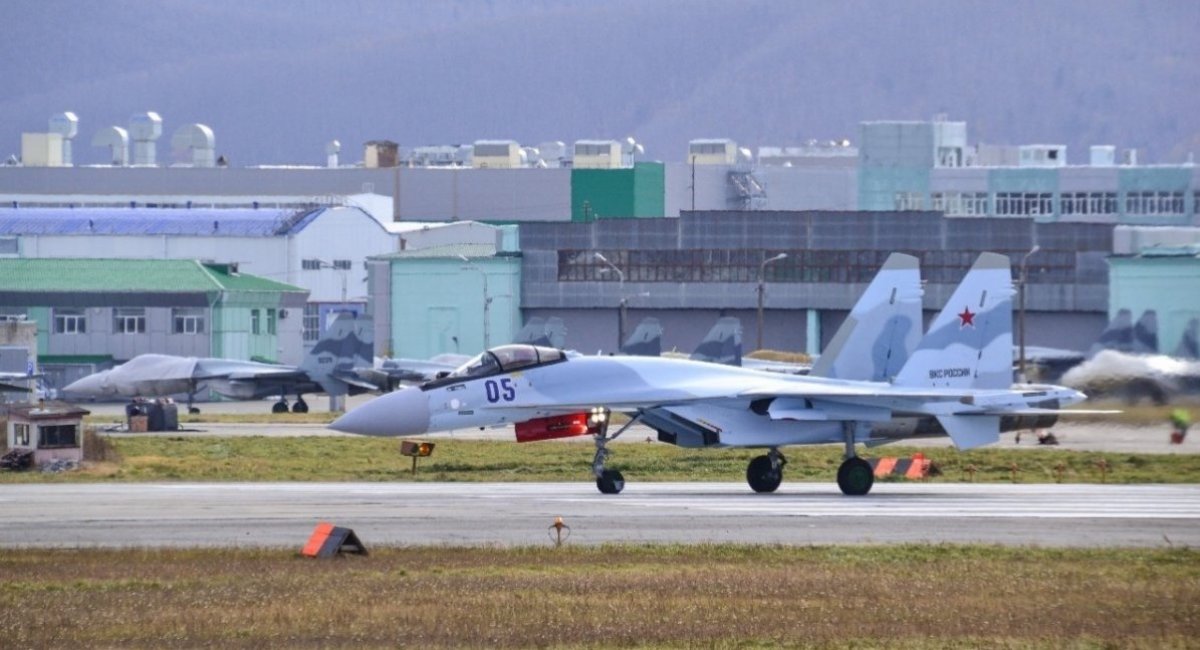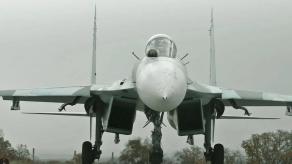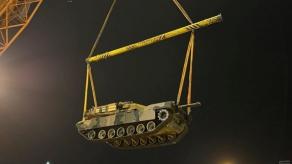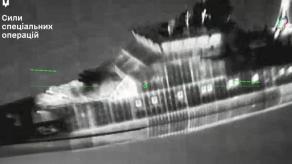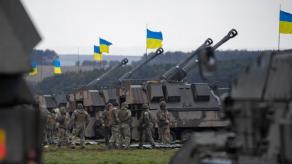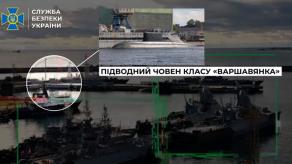The OSINT analyst Ben-Reuter shared an image on Twitter that provides significant evidence. In May 2023, the russian aviation plant in Komsomolsk-on-Amur (KnAAZ) had 13 out of the initial 24 Egyptian Su-35S aircraft that Egypt had declined to accept in 2020. This suggests that the transfer of these planes to Iran has commenced, as officially announced by Tehran in May of this year.
However, the fact that the number of aircraft already transferred was odd raises concerns. Particularly noteworthy is the observation that the first Su-35 aircraft was sighted above the Iranian capital in April 2023. Consequently, it seems that the delivery of the 11 aircraft was divided into separate batches over an extended period of time.
Read more: Iran's Shahed-136 Kamikaze Drone: How to Identify, Look And Sound From the Air (Video)
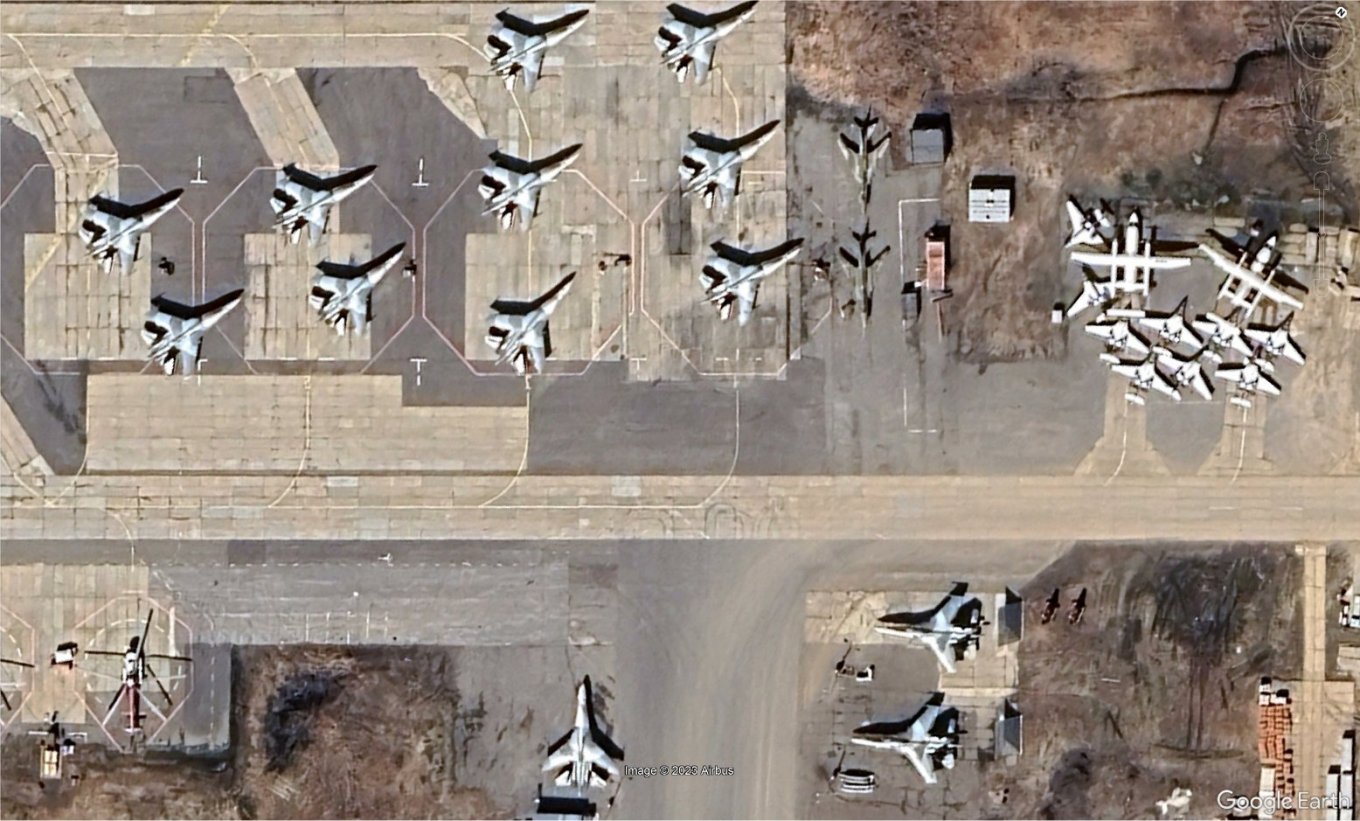
There are two possible explanations for this intriguing phenomenon. The first explanation is more practical, suggesting that the actual number of aircraft delivered from russia to Iran and the pace of these deliveries are directly influenced by how efficiently russian experts can refurbish the Su-35S aircraft that had been stored in the open air for years without an actual owner. It is possible that a “spare parts cannibalization” approach was employed, with specialists at KnAAZ removing necessary components from the Egyptian aircraft that needed to be returned in order to meet the production plan for operational Su-35 aircraft for the russian Aerospace Forces.
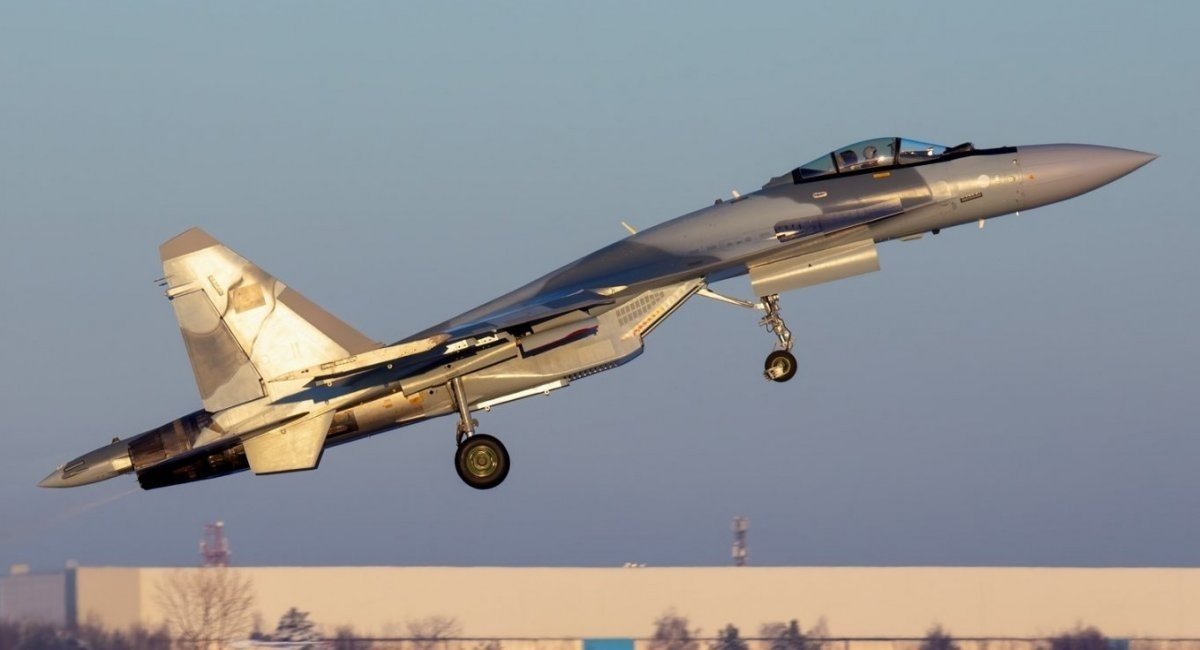
Alternatively, there could be another explanation where the transfer rate of the Su-35 aircraft from russia to Iran is influenced by a “technology exchange rate” agreed upon by Moscow and Tehran. However, it should be noted that this “technology exchange rate” may not follow a linear pattern. On one hand, Iran showcased the “hypersonic” Fattah missile, which likely involved collaboration with russia. On the other hand, russian entities have been procuring projectiles and gun barrels for T-72 tanks from Iran, indicating a reciprocal exchange of technology.
Read more: How Many Drones Can iran Produce in a Month and How They Got Delivered to russia




